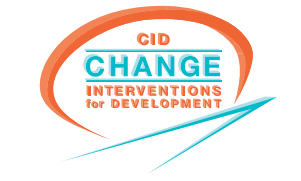Act. This took three years to implement—led by three presidents and enacted through two sessions of Congress. Strategic communication held the coalition together as they navigated the change process.4 In Bangladesh, political economy analysis revealed incentives that supported the status quo. The result was inferior, inefficient, and unsafe urban bus transport for citizens in Dhaka. Reformers addressed many fronts and built a multi-stakeholder coalition to confront powerful stakeholder groups that benefited from the existing situation.5 The World Public Sector Report 2018 underscored the importance of stakeholder engagement in the implementation of the 2030 Agenda for Sustainable Development.6 It recognized the positive effects of public engagement on development outcomes. The report also highlighted challenges to achieving effective stakeholder engagement. One major issue is the weak capacity of government officials to engage stakeholders meaningfully in policy formulation and implementation. Stakeholder engagement is ineffective when the asymmetry of power and information among stakeholders is not recognized, when engagement mechanisms fail to target the most relevant actors, when government officials exclude actors whose perspectives differ from mainstream thinking, or when marginalized sectors are not allowed to participate in forums and discussions. Further, multi-stakeholder engagement must address the concerns of various actors—the private sector, academia, political allies and opponents, civil society, and nongovernmental organizations. Today’s development challenges are complex, therefore multi-stakeholder engagement demands rigorous approaches that redress the asymmetry of power relationships among stakeholders and recognize the nuances of stakeholder perceptions and goals. Multi-stakeholder engagement approaches are often piecemeal and disjointed. Efforts have focused on: stakeholder analysis and consultation; deciphering adaptive leadership challenges that require novel approaches as stakeholders have no formal authority, expert sources, or ready solutions; and recognizing patterns in actor
